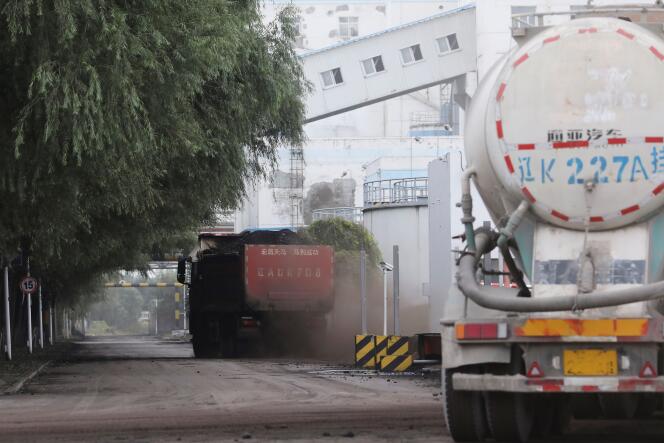
It's a flagship measure meant to accelerate the decarbonization of European industry. The European Union (EU), on Tuesday, December 13, agreed on the broad outlines of its Carbon Border Adjustment Mechanism (CBAM). The measure will make it possible to tax imports from the most polluting sectors (steel, cement, fertilizers, and so on), coming from countries with less stringent environmental standards. The idea is to avoid "environmental dumping" or "carbon leakage" – which would see manufacturers relocate their production outside Europe – while encouraging the rest of the world to increase its efforts to reduce greenhouse gas emissions.
"The EU is the first trading area in the world to put a carbon price on its imports. We have been talking about this for more than 20 years. This is a historic agreement for the climate," said Pascal Canfin, Renew MEP and chairman of the European Parliament's Environment Committee. "This is the best that could come of this trilogue, to ensure that products imported into Europe are subject to the same carbon price as if they had been produced in Europe," agreed Thomas Pellerin-Carlin, director of the Jacques-Delors Institute's energy center.
You have 82.84% of this article left to read. The rest is for subscribers only.